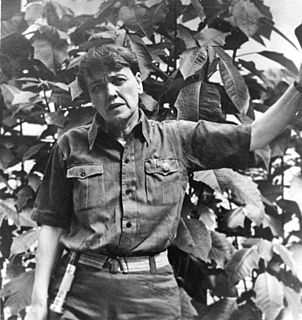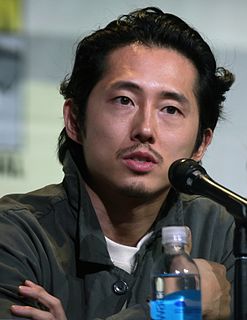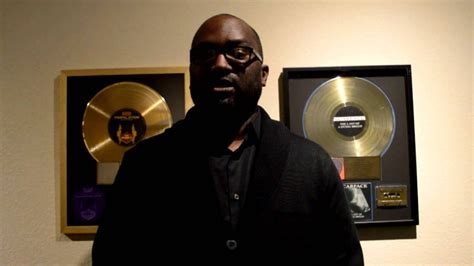A Quote by Sylvester Stallone
I think everyone has questions in their mind. Did they do their very best?
Related Quotes
The great philosophers of the 17th and 18th centuries did not think that epistemological questions floated free of questions about how the mind works. Those philosophers took a stand on all sorts of questions which nowadays we would classify as questions of psychology, and their views about psychological questions shaped their views about epistemology, as well they should have.
I did answer all of the questions put to me today, ... Nothing in my testimony in any way contradicted the strong denials that the president has made to these allegations, and since I have been asked to return and answer some additional questions, I think that it's best that I not answer any questions out here and reserve that to the grand jury.
Active questions are the alternative to passive questions. There is a huge difference between, 'Do you have clear goals?' and 'Did you do your best to set clear goals for yourself?' The former is trying to determine the employee's state of mind; the latter challenges the employee to describe or defend a course of action.
Science is very good at answering the 'how' questions. 'How did the universe evolve to the form that we see?' But it is woefully inadequate in addressing the 'why' questions. 'Why is there a universe at all?' These are the meaning questions, which many people think religion is particularly good at dealing with.
A lot of people ask questions that they don't want to answer themselves, and if we're honest about the intimacy that we have with our parents, you wish them the best and you wish them the worst more than anybody else in the world. I think everyone has had a moment in their life where they wished a parent ill, and I think it's perhaps a very romantic idea that that doesn't happen.
There's no drama. There's nothing. Everyone is there to work, everyone is really kind and everyone is very helpful, especially to me. I went in there, hoping to learn. I could have easily been put on some project with somebody who really doesn't care about teaching or sharing. But, while I was there, all of the cast were very helpful. I would constantly ask questions.




































